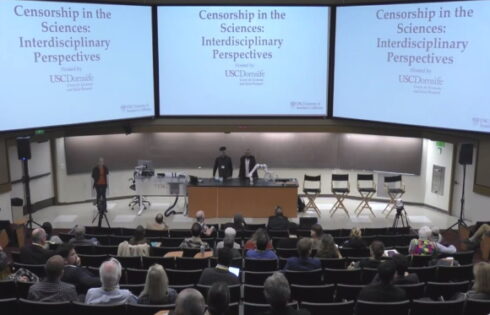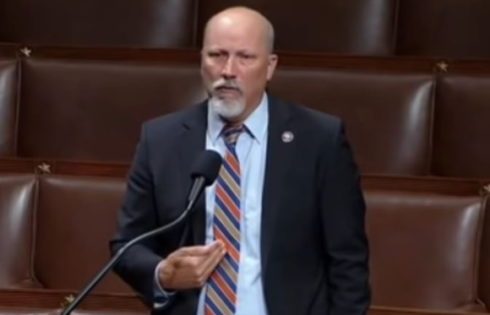The Michigan legislature will restore some funding to the higher education budget, but only if universities meet several demands. According to The Chronicle of Higher Education:
The increased money will vary by institution based on improvements in graduation rates and research spending, or by granting more degrees in certain high-need areas.
And in order to qualify for that money—a tiny sliver of the $1.4-billion appropriation—institutions also will have to limit tuition increases to 4 percent or less.
On top of that, state legislators added language about social issues, including that Michigan State University will not qualify for an increase if it follows through on a requirement that incoming students have health insurance.
The budget also requires universities to file extra reports with the Legislature on the number of stem-cell lines being used in research at the institutions, and to detail their efforts to accommodate students’ religious beliefs in counseling programs (a requirement that stems from a pending lawsuit against Eastern Michigan University).
The most far-reaching restriction bars the institutions from having a relationship with nonprofit “worker centers” that protest against a Michigan business, a provision supported by the Michigan Restaurant Association, after the Restaurant Opportunities Center of Michigan picketed and sued a restaurant it accused of mistreating workers. At the time, a graduate student in social work at the University of Michigan at Ann Arbor was completing a field assignment with the group.
Many of these qualifications–limiting tuition increases, expecting focus on certain degrees–make sense. Others–the specificity of the ban on the restaurant protest group–might be overreaching.
Like The College Fix on Facebook / Follow us on Twitter





Please join the conversation about our stories on Facebook, Twitter, Instagram, Reddit, MeWe, Rumble, Gab, Minds and Gettr.